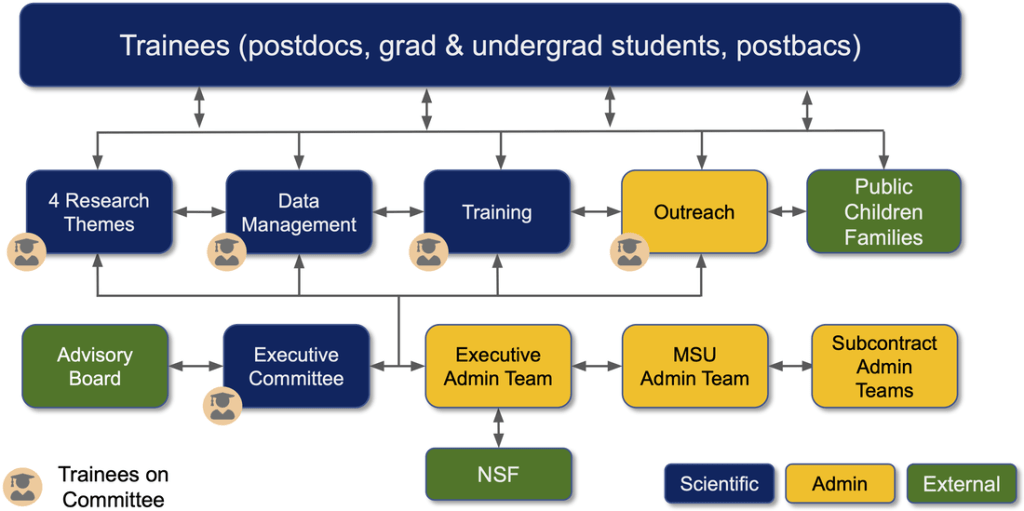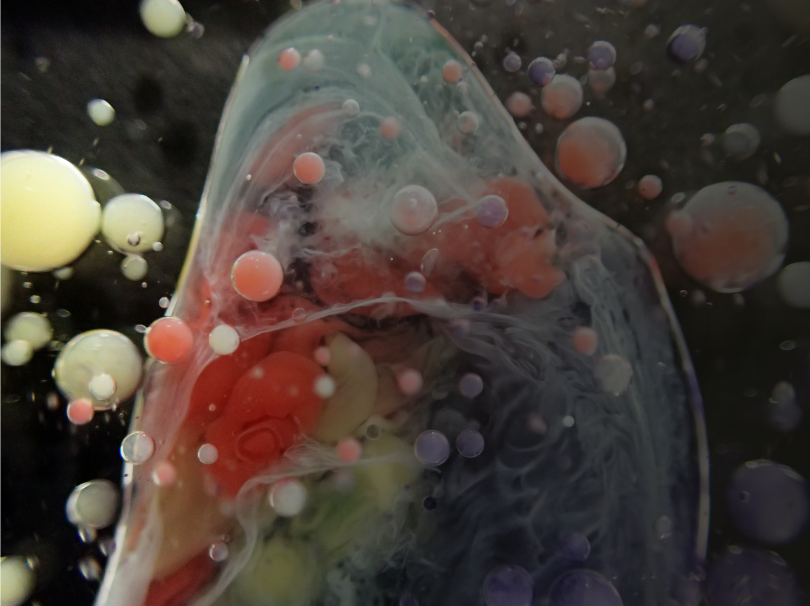The Water and Life Interface Institute (WALII), a National Science Foundation-funded Biology Integration Institute, was established to study how life interacts with water from the molecular to the organismal level across plants, fungi, and animals. We study this interaction in four integrated themes: the physical and molecular determinants that allow organisms to survive in the solid state (Theme 1); rehydration responses in desiccation tolerant and desiccation sensitive systems (Theme 2); molecular grammar of desiccation tolerance conferred by intrinsically disordered proteins (Theme 3); and short- and long-term evolutionary history of desiccation tolerance (Theme 4).
WALII includes team members with diverse expertise ranging from biophysics to plant biology and experience with several desiccation tolerant and sensitive systems. Our long-term goal is to understand how organisms can tolerate desiccation, invent technologies and concepts to study anhydrobiosis, engineer macromolecules, cells, and organisms that can survive desiccation, and produce the next generation of leaders in all sectors of our society.
Walii Organizational Chart



